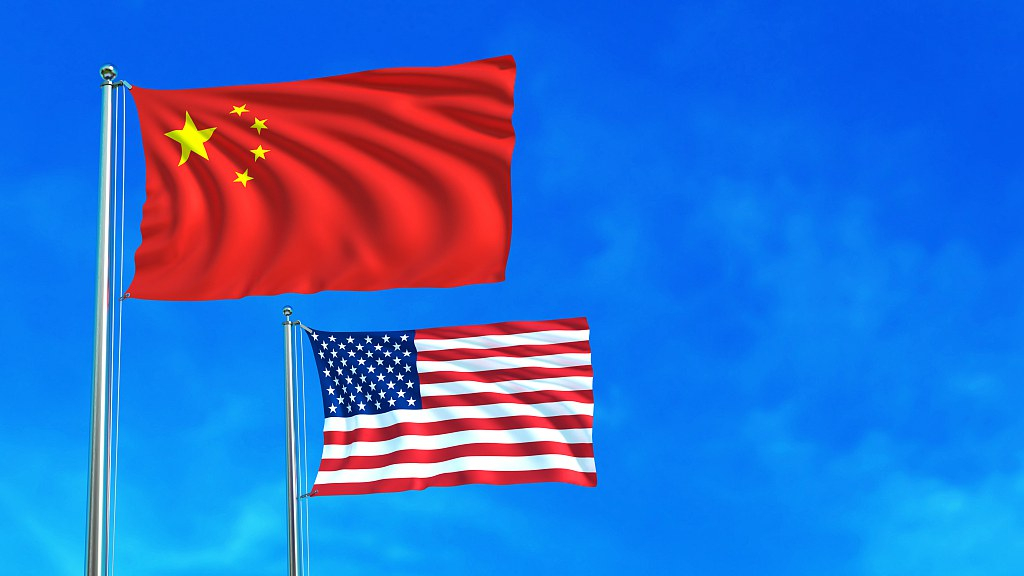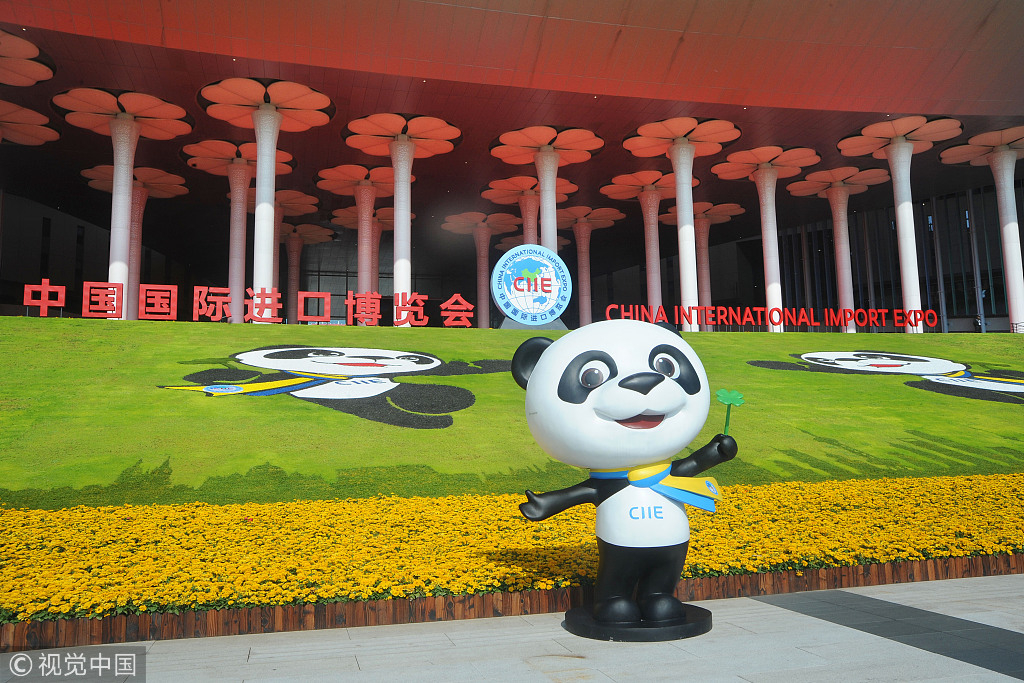
Analysis
08:28, 30-Jan-2019
Should structural reform be a major concern in Sino-U.S. trade talks?
Updated
11:14, 30-Jan-2019
Liu Jianxi

With the clock ticking on a 90-day truce, Chinese Vice-Premier Liu He's Washington trip has been pinned with high hopes to remove the clouds hanging over the world economy. "The scope of these talks will be the broadest and deepest in U.S.-China history,” Larry Kudlow, top White House economic adviser, was quoted by South China Morning Post as saying.
Simmering for almost one year, the battle between the world's largest two economies is far more than about trade figures. It's, at its heart, a clash of structural differences. This is why some Westerners are pessimistic about the outcome of Liu's trip.
"It is going to be a very long haul to get the changes the U.S. considers to be required because that really would force China to fundamentally alter the way it organizes itself," The Atlantic quoted Arthur Kroeber, a founding partner at Gavekal Research, as saying.
The article further accused China of not "trusting market forces" and "wanting the state to play a more direct role in achieving the economic outcomes." For decades, the West has never ceased its criticisms against China's socialist system, deliberately turning a blind eye on the tremendous benefits that China's model of combining state-planning with the market has brought to the world.

The Atlantic criticizes China's socialist system.
The Atlantic criticizes China's socialist system.
For Western policymakers, any slight deviation from their "market economy bible" is in opposition to the openness and fairness of the business environment. This explains why the U.S. side attaches so much importance to China's structural reform in trade negotiations.
Every country has its respective national conditions. China, to recover its economy from past mistakes, advocated in the 1980s that a few people get rich first while the rest catch up. While the policy has enormously boosted China's economy and transformed the country from scarcity to oversupply, it has created enormous wealth gaps. This is where the state needs to kick in.
The market means efficiency. But when people are marginalized economically and politically, the society would only end up with unrest and even violence, of which the Occupy Wall Street movement is a typical example. Blindly following the "market economy bible" would, in most cases, do more harm than good.
A combination of state-planning and the market is China's unique solution. State control doesn't necessarily mean hostility to the open market or discrimination against foreign enterprises. China's efforts in opening its economy are recognized by the international community.

The China International Import Expo took place last year. /VCG Photo
The China International Import Expo took place last year. /VCG Photo
The China International Import Expo (CIIE), the world's first import-themed national-level trade fair, attracted more than 3,600 firms from over 130 countries and regions last year. China is not only playing an indispensable role in the global industrial chain with its exports ranging from auto parts to medicine, but is also a sought-after destination for exports from other countries.
If China is shutting its door to foreign enterprises as the West hypes, why did the country bother launching the CIIE? Despite structural differences from the U.S., China has been and will always be an active promoter for an open economy, and thus the U.S. side doesn't need to be too much demanding and concerned about China's structural reform during trade negotiations.
The actual implementation of the agreement is another concern of the United States. China has already approved imports of American rice, promised to review foreign investment laws and even set up an intellectual property rights court under the Supreme Court. Western accusations of China's paying lip service are unfair and unreasonable. It is the Trump administration that has been acting capriciously on the trade issue.
Political will is of the utmost importance in ending the trade war. It's high time that the world's two largest economies abandon stereotypes and take Liu's trip as an opportunity to clinch a final deal that is to the benefit of not only the two parties, but also the entire world.
(If you want to contribute and have specific expertise, please contact us at opinions@cgtn.com.)

SITEMAP
Copyright © 2018 CGTN. Beijing ICP prepared NO.16065310-3
Copyright © 2018 CGTN. Beijing ICP prepared NO.16065310-3